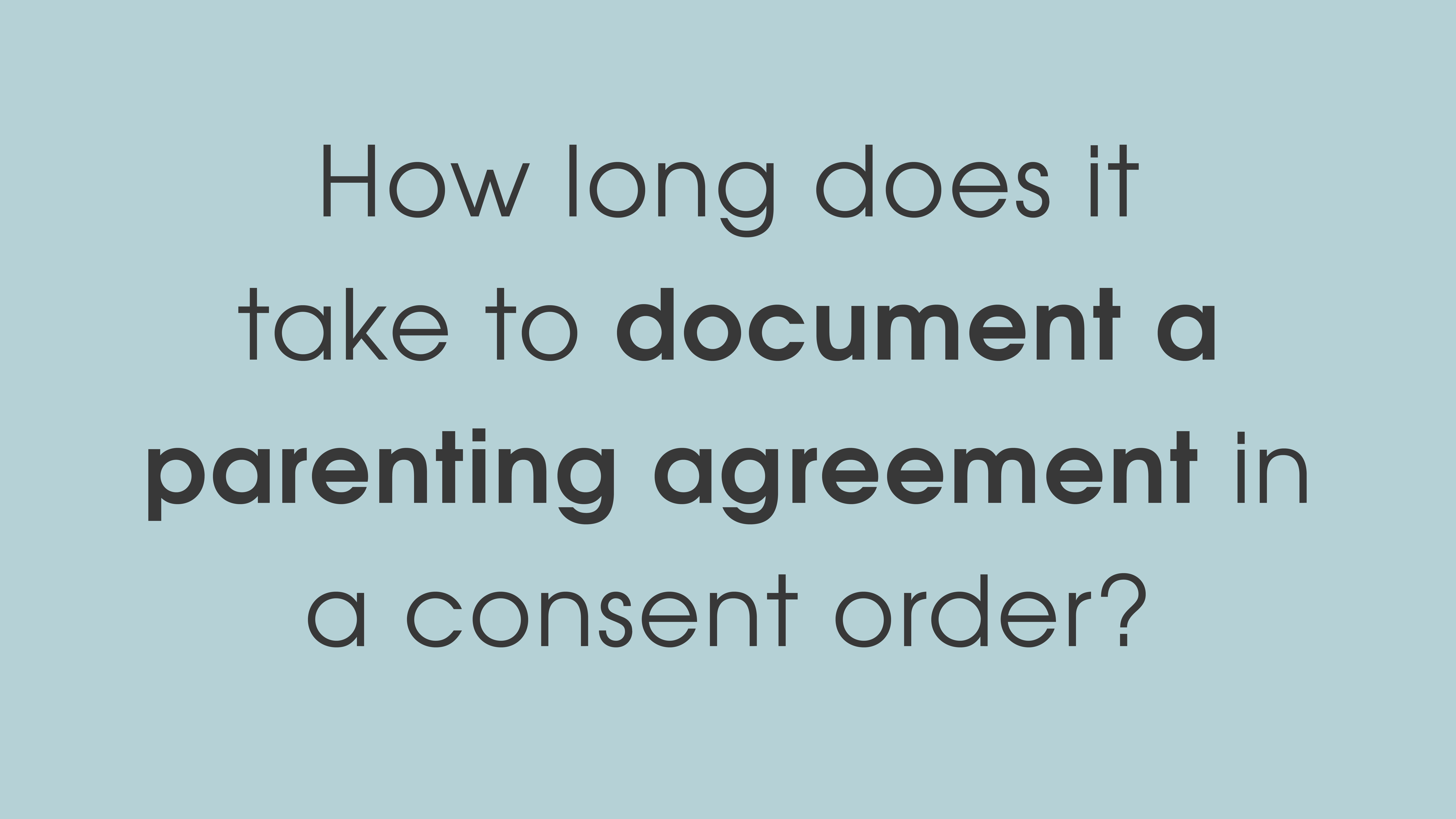What is a Parenting Agreement and why do I Need One?

Separations are always tough times for those involved. However, if children are involved, then the process can feel even tougher. If you’re a parent undergoing separation, then the law encourages you to reach an agreement with your partner amicably.
Although courts are an option for an agreement, they should be viewed as a last resort due to the emotional strain and the financial expense involved. In this post, we’ll look at parenting plans as a non-legally enforceable alternative to consent orders, showing how agreements can be reached without court involvement.
What Are Parenting Plans?
A parenting plan documents your parenting agreement with your partner. It isn’t legally enforceable, but it is a good option if you and your partner are willing to co-operate with each other and do not need a legally enforceable agreement.
Although parenting plans are not legally enforceable, if a dispute does arise, then a court may look at the parenting plan in order to decide what is in the best interests of the child. If you need to register your agreement with the court, then you should consider a consent order instead.
A parenting plan provides an overview of your agreement with your spouse, including:
- Where your child or children will live
- How they will split their time between each parent
- How you will execute parental responsibility
- How any disagreements will be resolved
- Any other arrangements that relate to the parenting of your child or children
What Is Required to Create a Parenting Plan?
Before drafting a parenting plan, you should seek legal advice. Each family situation is different, and an experienced family lawyer will be able to advise you on your situation.
In order to be valid, a parenting plan needs to be signed and dated by both parents, and both parents should have their own copy to keep. Crucially, a parenting plan cannot be signed if either party is under duress or is threatened by the other party.
Although parenting plans are usually formed between two parents who have recently separated, they can also be formed by other people, such as grandparents or step-parents.
What If I Need Something Legally Enforceable?
If you need a legally enforceable agreement, then you should consider a consent order. These are similar to parenting plans, as they require an agreement from both parties. However, the main differences are that they’re made by the Family Law Courts, they’re legally enforceable and penalties can be incurred if one party contravenes the order.
A consent order is usually drafted by a lawyer before it is signed by both parties and filed in the court. Once approved by the court, it then becomes binding. In making their decision on whether to approve the order, the court will look at whether they believe that the consent order is in the best interests of the child.
Although you do not need to engage in the family dispute resolution process to file an Application for Consent Orders with the court, you should still consider the emotional strain that applying to the courts can have on you and your child, as well as the cost of the legal fees required.
For this reason, you should endeavour to form a parenting plan first of all, allowing you to avoid going to court, which can be a lengthy, emotional and costly solution. At Life Law Solutions, we can help you formulate a parenting agreement that suits your specific circumstances. Contact us to learn more about how we can help you.





